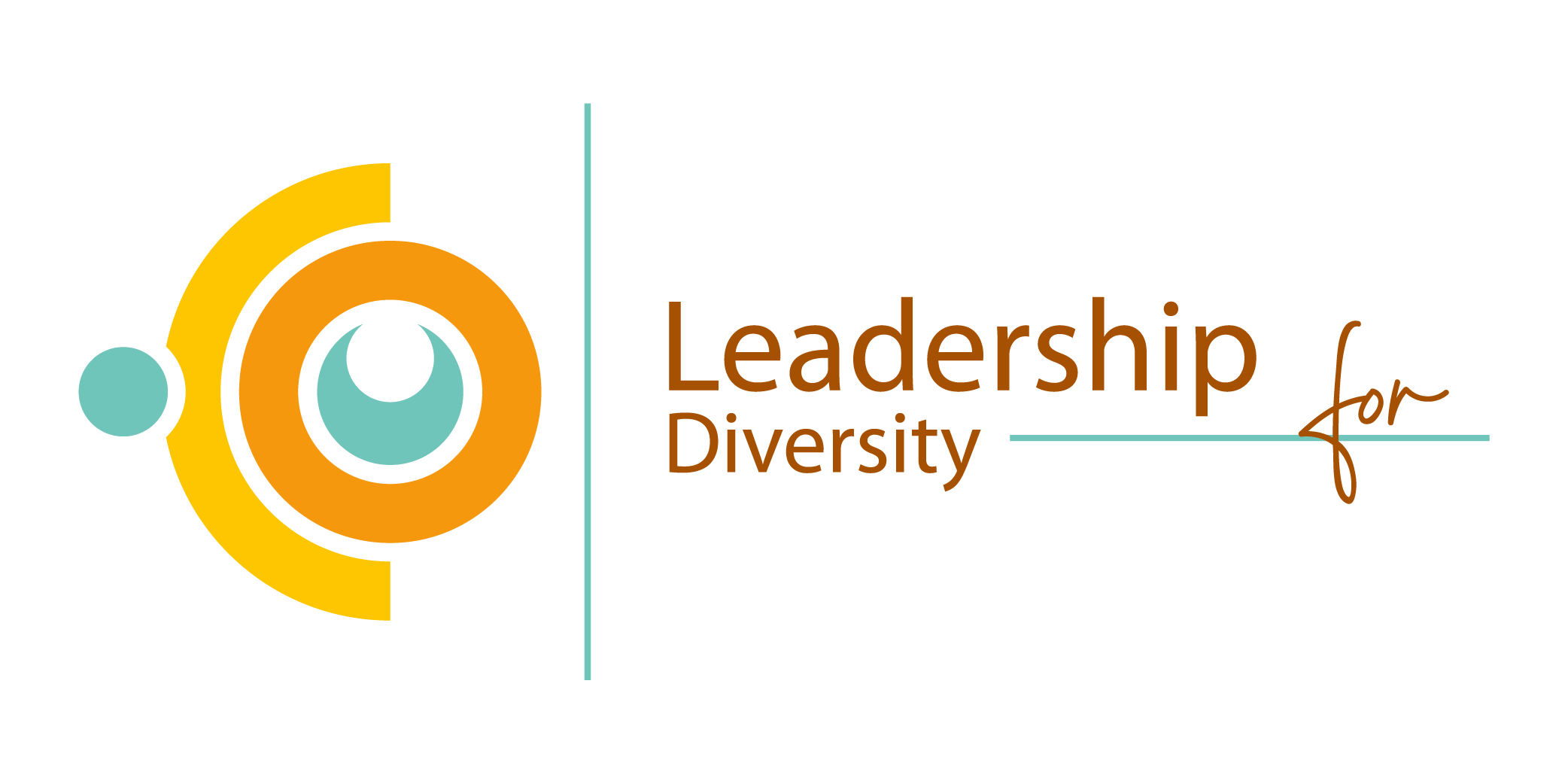On October 15, 2024, Lycée La Morlette in Cenon hosted an experimental workshop as part of the Erasmus+ Days, in order to test a tool from the L4D project
On October 15, 2024, 24 teachers and staff from Lycée La Morlette in Cenon, on the outskirts of Bordeaux, hosted a unique workshop, led by Margaux Velez and Zoé Chabbert. This workshop took place as part of the Erasmus+ Days, the annual celebration of ERASMUS+, the EU’s flagship programme that has existed since 1987. The session focused on the “Leadership For Diversity” project, an ambitious initiative involving five European countries. The goal? To provide school leaders with tools to better manage the growing diversity in classrooms and respond to contemporary educational challenges.
Welcomed by the headmistress of Lycée La Morlette, Cécile Collet, Margaux and Zoé met almost all of the school’s teachers. The aim of this workshop was to collect testimonials and advice from users on the eHub, the European digital platform for intercultural education that includes a digital inventory of teaching and learning resources, created as part of the project. A total of 24 teachers responded to their call, and provided a lot of precise and very useful feedback to improve and develop the platform, and that of future tools.
Workshop schedule
The 24 teachers sat in small groups at tables with computers and phones/tablets and after a presentation of the project and the Erasmus+ Days, Margaux Velez, the LABA workshop coordinator, invited the participants to scan the QR codes in order to explore the platform (the eHub). For 30 minutes, everyone was free to wander around wherever they wanted and share their discoveries with their neighbors. During this discovery time, some comments were heard several times, in particular that the platform sometimes referred to tools available in only one language, or not available in French. This is a recurring subject in European projects, with French professionals being less comfortable with English than other Europeans who use it regularly.
Platform feedback
At the end of the 30 minutes, Margaux invited the teachers to freely express their feelings about the platform. The principal was one of the first to speak. She pointed out that the site seemed to have been designed by subject matter experts, making it difficult for those new to leadership to fully grasp the topic. She said: “When we talk about leadership, it seems like it’s only for head teachers. However, any authority figure, especially in a classroom, can demonstrate leadership. I worry that people who aren’t head teachers will block themselves from accessing the platform, thinking they don’t fit the bill. Some might not feel included simply because they’re ‘only’ a teacher.” Her point of view was echoed by another teacher who didn’t feel particularly concerned by the term “leadership”. For her, the concept lacked clarity. Feedback on the content
In addition to discussions on the topic, the content of the platform also generated many comments. The principal pointed out: “The activities offered seem very interesting and fun. However, some lack precision in their explanations. The lack of details sometimes makes their implementation difficult, if not impossible.” Another participant noted: “I wanted to watch a lecture, but I found that many are very long. I can’t devote a lot of time to a single lecture. It would be desirable to have more accessible content in terms of duration.” Regarding the clarity of the objectives, a teacher noted: “The objectives of some modules are formulated in an overly complex way. They are not easy to understand from the first reading. Perhaps this is due to a translation problem?” Finally, a participant raised a point about ergonomics: “On some pages, the fonts used are too thin, which makes reading on a smartphone particularly difficult.
Some examples:
1. Lutter contre les préjugés inconscients – Leadership pour la diversité
2. Dessinons une maison – Leadership pour la diversité
3. Barnga – Leadership pour la diversité
4. Respecter les différences entre les personnes – Leadership pour la diversité
A promising perspective
Towards the end of the discussion, a participant raised an interesting point: these tools could be even more relevant if they were shared directly with students. She emphasized that they are the ones who most need to understand what leadership is. This suggestion was unanimously supported by the teachers.
